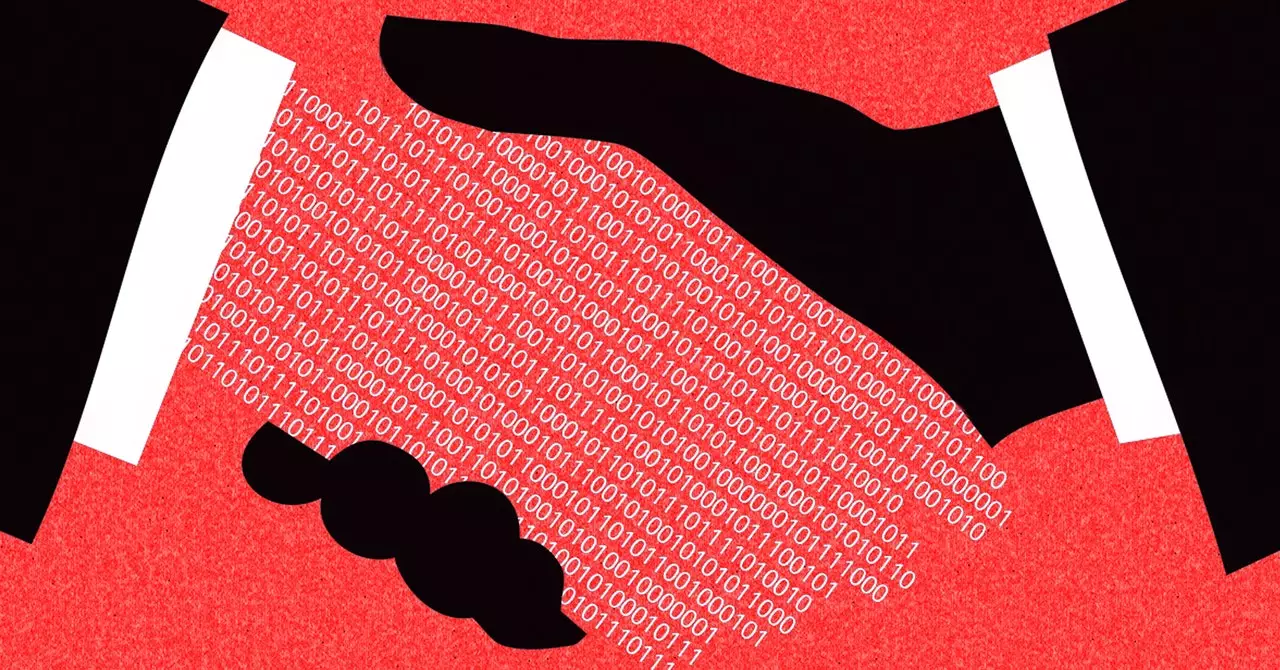The rapid growth of artificial intelligence (AI) technologies has necessitated a fundamental rethinking of how digital content is utilized, particularly on platforms like YouTube. Traditionally, AI companies have mined the extensive troves of video content available on these platforms without seeking permission from the creators. This practice raises substantial ethical and legal questions regarding intellectual property rights and the equitable distribution of wealth generated from such use. However, a new initiative spearheaded by Calliope Networks aims to redefine this relationship, proposing a structured and legitimate method for content licensing that could significantly benefit YouTube creators.
Calliope Networks, a startup focused on AI content licensing, is introducing a program dubbed “License to Scrape,” which intends to facilitate legal access to YouTube content for AI training purposes. As the CEO, Dave Davis, notes, there is undeniable demand from AI companies eager to integrate YouTube videos into their models. The Calliope initiative seeks to not only legitimize this process but also to streamline it for various stakeholders—including YouTube creators.
By organizing a collective agreement among creators, Calliope negates the necessity for AI companies to strike individual deals with each content owner. Instead, it offers a blanket license model, similar to established practices in the traditional media sector. This innovative approach not only aligns with existing licensing frameworks but also empowers creators by providing them with a revenue stream from AI applications that utilize their content.
For this initiative to gain traction, it will require a significant commitment from YouTube creators. As Davis points out, Calliope targets a volume of between 25,000 to 50,000 hours of licensed content to attract interest from AI developers. This sheer volume underscores a vital principle: in the realm of AI, the efficacy of generative models is heavily reliant on large datasets. Thus, by coming together as a collective, creators can amplify their bargaining power, ensuring a more equitable distribution of potential earnings.
The applicability of this model is not new; it draws parallels from established entities such as Broadcast Music Inc. (BMI) and the American Society of Composers, Authors, and Publishers (ASCAP), which have successfully created blanket licensing agreements for music. Davis hopes to transfer those same principles to the burgeoning sphere of AI, creating a bridge between technology and content creation that serves the interests of both parties.
A crucial aspect of Calliope’s pursuit involves building trust and confidence among YouTube creators. Many may be skeptical about entering into licensing agreements, fearing that they may relinquish control over their intellectual property or receive insufficient compensation. To address these concerns, effective communication and transparent practices are essential. The company has already initiated dialogues with various influencer marketing agencies, such as Viral Nation, to engage their client base—approximately 900 YouTubers—regarding participation in this licensing initiative.
Bianca Serafini, head of content licensing at Viral Nation, expresses optimism about the program, citing positive feedback from creators thus far. Her insight emphasizes that there is a growing appetite among digital creators for more structured avenues of compensation, particularly concerning their contributions to AI developments.
The emergence of Calliope Networks represents a significant turning point in how AI companies interface with content creators. By offering a legitimate pathway for licensing and compensation, the initiative could pave the way for a paradigm shift that respects the rights of digital creators while fulfilling the voracious data needs of AI technologies.
As AI continues to evolve and reshape industries, initiatives like License to Scrape highlight the importance of ethical content usage and fair remuneration. If successful, this model may not only enable content creators to profit from their work but also inspire further innovations in content licensing across different digital platforms. In a landscape where data is becoming increasingly invaluable, fostering cooperative relationships between AI developers and content creators will be vital for a sustainable and equitable digital future.


Leave a Reply